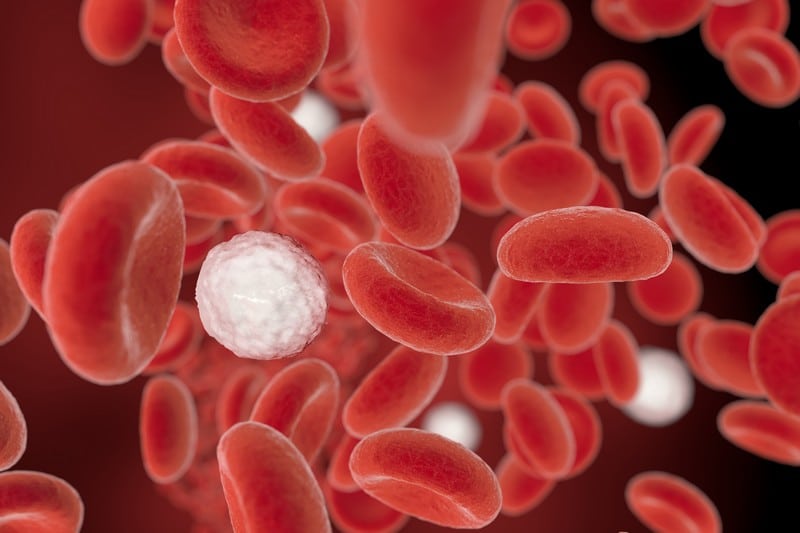Anemia

Anemia is a condition that occurs when the healthy RBC or erythrocyte count in the body is abnormally low. All body parts must have an adequate oxygen supply to function optimally. The symptoms of the disorder, like breathlessness and fatigue, are typically caused by the inadequate delivery of oxygen to the body’s tissues and vital organs. RBCs contain iron-rich proteins called hemoglobin. This protein binds oxygen to the lungs, enabling the erythrocytes to deliver them throughout the body, and anemia is generally measured based on hemoglobin amount.
When RBC production is too low, more cells exit the circulation instead of entering it, leading to anemia. Some factors that may decrease this production are insufficient dietary consumption of essential nutrients like folate and B12, kidney disease, specific cancers, autoimmune diseases, infections like tuberculosis and HIV, hypothyroidism, IBD, and aplastic anemia, to name a few. Symptoms may include fatigue, arrhythmia, gallstones, chest pains, and more.
More often than not, the anemia treatment depends on its cause. Usually, it’s due to vitamin B12, folate, and dietary iron deficiency and can be treated using nutritional supplements. However, in cases where absorption is ineffective, injections may be required.










